About the Research
Research Theme
Artificial Intelligence driven optimization of chemical reaction conditions
Keyword
Chemical databases, Quantitative Structure-Property Relationships (QSPR), Machine learning, Active learning
Research Outline
My research activities lie in the use of chemoinformatics tools to better understand and predict chemical properties and mecanisms. I have been working on the design of predictive models for the prediction of eco-toxicological properties such as the ready biodegradability. During my PhD thesis, I focused on the virtual generation of new chemical compounds possessing desired properties (inverse-QSPR). I implemented and improved currents inverse-QSPR methods and proposed a set of new metrics to evaluate the performance of these methods. My current reseach focuses on the use of Active Learning to optimize reaction conditions.
Representative Research Achievements
- Comparisons of Molecular Structure Generation Methods Based on Fragment Assemblies and Genetic Graphs
P. Gantzer, B. Creton, C. Nieto‐Draghi. J. Chem. Inf. Model., 2021, 61, 4245-4258.
DOI: 10.1021/acs.jcim.1c00803 - Inverse‐QSPR for de novo Design: A Review
P. Gantzer, B. Creton, C. Nieto‐Draghi. Mol. Inf., 2020, 39, 1900087.
DOI: 10.1002/minf.201900087 - Modelling of ready biodegradability based on combined public and industrial data sources
F. Lunghini, G. Marcou, P. Gantzer, P. Azam, D. Horvath, E. Van Miert, A. Varnek. Environmental Research, 2019, 31, 1-16.
DOI: 10.1080/1062936X.2019.1697360
Related Research
Publications
2025
-
DOPtools: A Python Platform for Descriptor Calculation and Model Optimization
, P. Gantzer, T. Gimadiev, P. Sidorov, Digital Discovery, 2025, ,
DOI: 10.1039/d4dd00399c
-
SynPlanner: An End-to-End Tool for Synthesis Planning
, D. Zankov, P. Gantzer, D. Babadeev, A. Pinigina, T. Madzhidov, A. Varnek, J. Chem. Inf. Model., 2025, 65, 1, 15–21
DOI: 10.1021/acs.jcim.4c02004
2024
-
Chemography-Guided Analysis of a Reaction Path Network for Ethylene Hydrogenation with a Model Wilkinson's Catalyst
, R. Staub, Y. Harabuchi, S. Maeda, A. Varnek, Molecular Informatics, 2024, , e202400063
DOI: 10.1002/minf.202400063
2023
-
Challenges for Kinetics Predictions via Neural Network Potentials: A Wilkinson's Catalyst Case
, P. Gantzer, Y. Harabuchi, S. Maeda, A. Varnek, Molecules, 2023, 28 (11), 4477
DOI: 10.3390/molecules28114477






